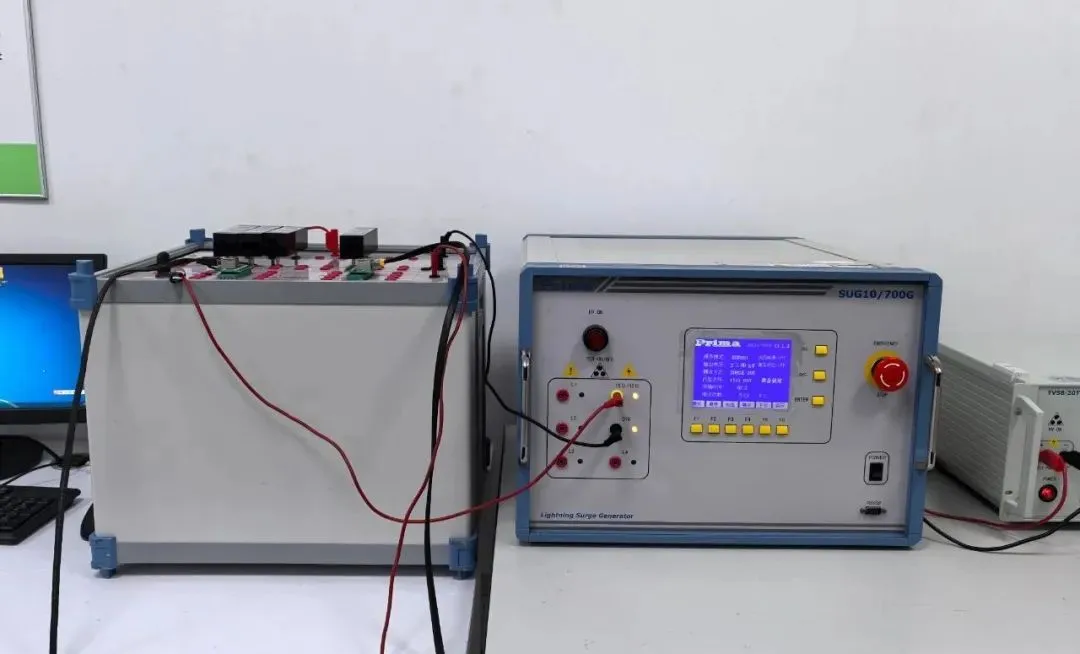
Is UL Approval Required in the U.S.?
In the global market, if you want to successfULly sell products in the United States, the very first threshold you cannot avoid is UL certification.
It is not only a core requirement for product safety in the U.S. market but also one of the most important “passports” in international trade.

What Is UL Certification?
UL, short for Underwriters Laboratories, was founded in 1894 and is one of the world’s most recognized independent safety science organizations.
The UL Markmeans:
① The product has passed rigorous safety testing
② The manufacturing facility has passed consistency audits
③ Continuous monitoring ensures long-term product stability
Unlike the European Union’s CE self-declaration, UL serves more as an independent third-party endorsement, with much stronger authority.
Why Is UL Certification So Important?
1. The “hard currency” of the U.S. market
2. Without UL certification, many products cannot enter retail channels, engineering projects, or even obtain insurance.
3. Global influence– The UL mark is widely accepted, and many international procurement projects and bids directly require UL certificates.
4. Safety & brand trust– Consumers are familiar with the UL mark and often directly associate it with “safe and reliable.”
In short:
UL Certification = The ticket to the U.S. market + An advantage in the global market.
Which Products Require UL?
Almost all electrical and electronic products exported to the U.S. are subject to UL standards, including:
① Batteries & Energy Storage Systems(ul 1642, ul 1973, UL 9540/9540A)
② Smart Home & Consumer Electronics(ul 62368, UL 60335)
③ Plugs, Sockets & Power Cords(UL 498, UL 817)
④ IoT & Cybersecurity(UL 2900 series)
Recommendations for Businesses
① Plan early:Align with UL requirements during R\&D to avoid costly REDesigns.
② Choose professional labs:Don’t be tempted by low-cost certifications that ignore long-term audit risks.
③ Integrate with other certifications:The U.S. market often requires simultaneous compliance with fcc, Energy Efficiency, and UL.
Email:hello@jjrlab.com
Write your message here and send it to us
 What is the EN 61326-2-3 Standard?
What is the EN 61326-2-3 Standard?
 Why Do Smart Sockets Need IEC 60884 Certification?
Why Do Smart Sockets Need IEC 60884 Certification?
 Why Retest the Device if the 5G Module Already Has
Why Retest the Device if the 5G Module Already Has
 Overview of IEC 62087 Test Standard
Overview of IEC 62087 Test Standard
 CISPR 25 Test Standard Compliance Guide
CISPR 25 Test Standard Compliance Guide
 IEC/UL/CSA 62368-1 Electrical Distance Testing
IEC/UL/CSA 62368-1 Electrical Distance Testing
 Canada Wireless Device IC Certification RSS-210 Te
Canada Wireless Device IC Certification RSS-210 Te
 FCC Part 15.231 for Wireless Remote Controls and S
FCC Part 15.231 for Wireless Remote Controls and S
Leave us a message
24-hour online customer service at any time to respond, so that you worry!




